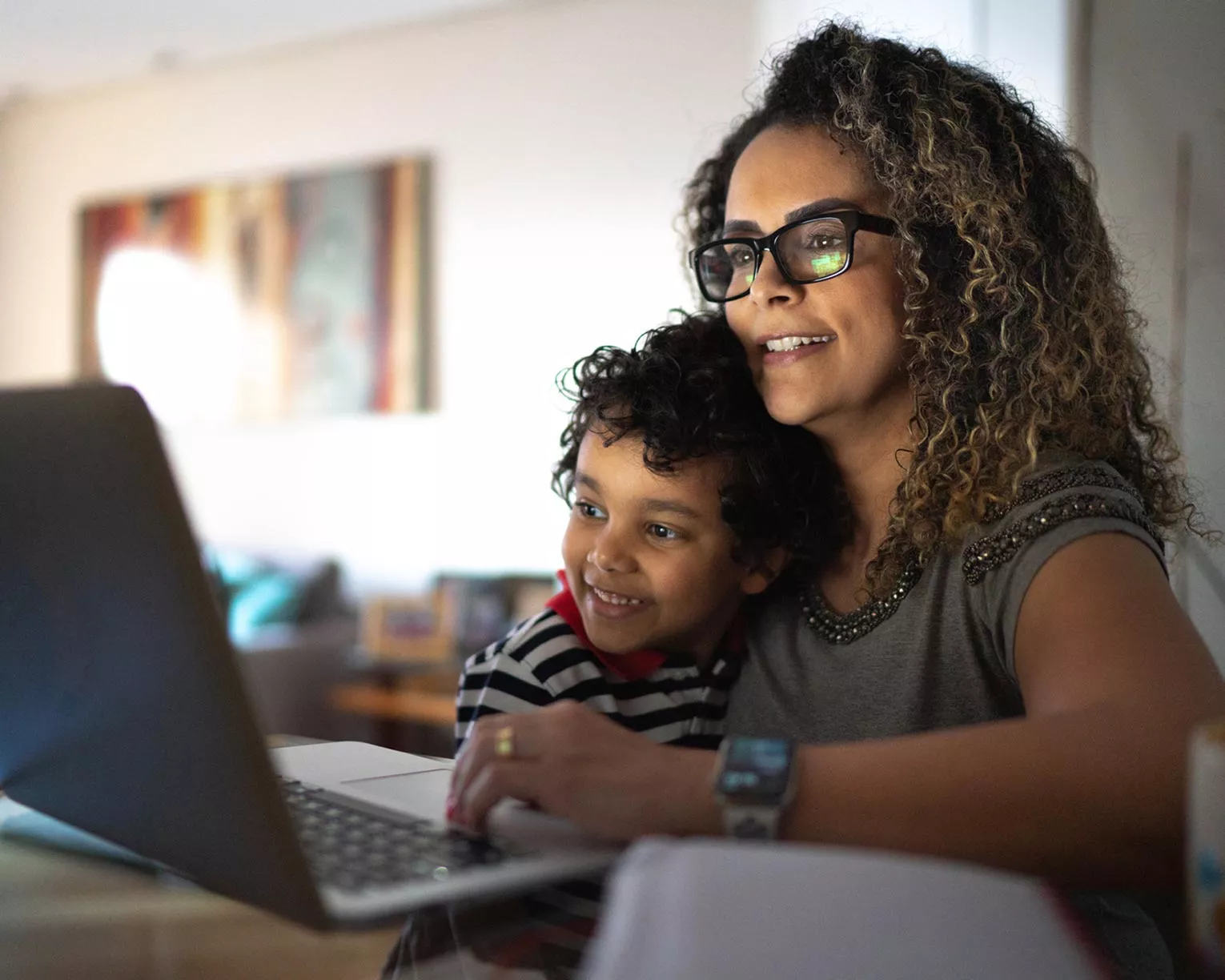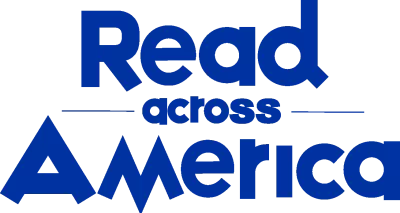Share this book
In The Great Banned Books Bake Sale, the collection of diverse books is removed from Kanzi’s school library. Dive into discussion about what happens in Kanzi’s school and the issue of book banning, asking students to share their understanding of and thoughts on book banning:
- What is book banning?
- How would you feel if your favorite book or the books with characters that looked like you were banned from your school or public library?
- Why do you think some people want to remove certain books from libraries and schools?
- Do you think it is okay for someone else to decide which books everyone can or cannot have access to? Why or why not?
- How do book bans affect students and the community? What harm, if any, is caused by books being banned?
- Do you think removing books from libraries can change what readers think and believe? How?
Ask them to also consider why representation, specifically in books, is important and what diversity in books means to them. How does having access to diverse perspectives relate to freedom of speech? As a class, brainstorm ideas for ways to support diverse books and combat book banning, such as protesting, making posters, or writing letters. How can they, as students, assert their own power and support diverse books and the freedom to read?
Like Kanzi’s class, students may want to hold their own banned-books bake sale and bring in baked goods from home that connect to or represent their cultural backgrounds. The money raised could be donated to Little Free Library, like the class does in the book, or used to help students build their own Little Free Library or restock one with diverse books.
Questions for Discussion or Reflective Writing
- Why is it important to see different cultures and backgrounds represented in books? Why do you think that titles featuring characters that look like Kanzi were removed from her school library? How would you feel if books with characters that looked like you were banned from your school library? What role might discrimination have in the banning of books?
- How do Kanzi’s feelings change over the course of the book? How do her teachers, family members, and classmates help her to feel supported?
- When Kanzi is sad, she writes poetry to express how she is feeling. How does her poetry notebook help her? What do you do if you are feeling sad about something?
- Kanzi suggests having the bake sale. What other ideas do you have for how the class could have raised money or shown support for diverse books?
- In the Author’s Note, Aya Khalil shares that many of children’s books that were banned in Pennsylvania involved food, including Bilal Cooks Daal, Fry Bread, and the Meet Yasmin series. Why do you think these books were banned?
Related Resources
Interview with Aya Khalil on Banned Books
Classroom Resources to Celebrate the Freedom to Read from NEA’s Read Across America
Why We Need Diverse Books from NEA Today
How to Talk With Students about Banned Books by Nicole Klett from We Need Diverse Books
Talking Banned Books with Kids: They Get It by DaNae Leu from the ALSC Blog
A Case for Reading - Examining Challenged and Banned Books from ReadWriteThink
How to Fight Book Bans: A Tip Sheet for Students from PEN America
More Titles to Try
-
This Book Is Banned
by Raj Haldar
-
Book Uncle and Me
by Uma Krishnaswami
-
Abuela’s Library
by Lissette Norman; illustrated by Jayri Gómez
-
Speak Up
by Miranda Paul; illustrated by Ebony Glenn
-
The Artivist
by Nikkolas Smith
-
For All/Para Todos
by Alejandra Domenzain; illustrated by Katherine Loh
-
All Are Welcome
by Alexandra Penfold; illustrated by Suzanne Kaufman
-
IntersectionAllies: We Make Room for All
by Chelsea Johnson and Carolyn Choi, illustrated by Ashley Seil Smith
Join Our Movement



